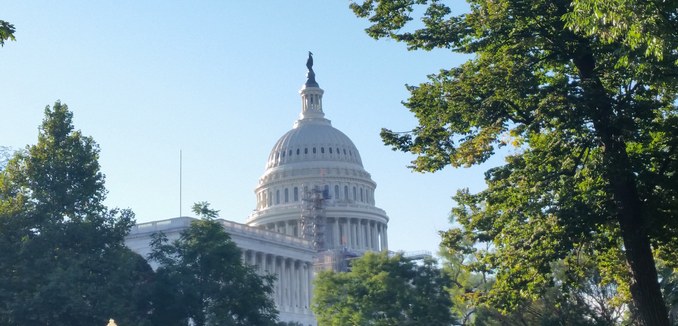The House of Representatives voted in favor of a bill Thursday evening that would prohibit future cash payments to Iran.
The Prohibiting Future Ransom Payments to Iran Act passed by a vote of 254 – 163, with a number of Democrats joining Republicans in supporting the bill. President Barack Obama has threatened to veto the legislation.
Congress is currently investigating the circumstances surrounding the Obama administration’s payment of $1.7 billion to Iran earlier this year. The payments were made at the same time that Iran released four Americans, raising questions, including among Justice Department officials, as to whether the payment was essentially a ransom. (Brig. Gen. Mohammad Reza Naqdi, commander of Iran’s Basij militia, said in January that the $400 million payment “was returned for the freedom of the US spy and it was not related to the [nuclear] negotiations.”)
“The Obama administration paid a cash ransom to Iran for American hostages,” House Majority Leader Kevin McCarthy told the Washington Free Beacon. “No matter how the Obama administration chooses to redefine this payment, the message to Iran is crystal clear: You will be rewarded for taking hostages—not punished.”
“There’s no other way to describe sending a planeload of unmarked bills to Iran and holding the plane on the tarmac until hostages were released,” he said. “The House voted last night to put a stop to this now by barring all cash payments to Iran, reasserting the principle that President Obama violated that America doesn’t pay for hostages.”
Among the Democrats who voted for the bill were Reps. Juan Vargas (D – Calif.), Brad Ashford (D – Neb.) and Kyrsten Sinema (D – Ariz.), all of whom opposed the nuclear deal with Iran. Vargas has been a leading congressional voice against boycotts of Israel.
A senior congressional aide told the Free Beacon that Obama’s veto threat suggests that the administration intends to make more payments to Iran. “There is no credible reason for the administration to oppose this bill. We already know, contrary to what the president initially said, that the administration can in fact wire money to Iran,” the source said. “So why do we need the option to pay in cash? Simple. This money can fund terrorism [because it can’t be easily tracked], and there’s nothing we can do to know of stop it.”
Foundation for Defense of Democracies executive director Mark Dubowitz testified before Congress earlier this month that the United States may have paid as much as $33 billion in cash to Iran since 2014. The administration originally claimed that it had to use cash because financial sanctions that were imposed on Iran due to the country’s support of terror prevented the U.S. from sending money electronically. But it was later reported that the U.S. had in fact wired money to Iran twice since last July.
Iranian president Hassan Rouhani told NBC’s Chuck Todd on Thursday that Iran would continue to pursue more payments from the U.S. government “There are still considerable sums of money in the United States that belong to our nation,” he said. “And we’re currently conducting conversations and various dialogues in order to return this money to Iran.”
According to Iranian media reports, the $1.7 billion has been earmarked to help boost Iran’s military spending by 90 percent.
[Photo: soccerdhg / Flickr ]




